Introduction to Chess Translation in Video Games
In the vast and diverse world of video games, each genre has its unique charm and appeal that sets it apart from others. Among these genres is the popular "Pong" game, known for its simplicity yet captivating gameplay. The translation of such classic games from one language to another can significantly impact how players perceive them, especially if they originate from different linguistic backgrounds.
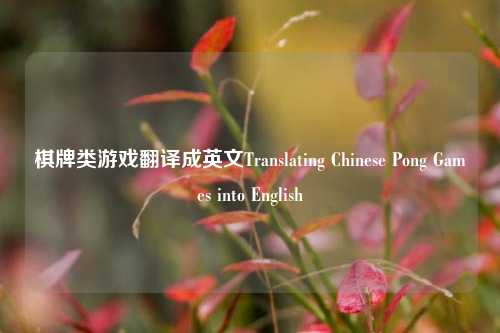
Understanding Chess in Different Cultures
Chess, as a timeless strategy board game, holds a special place in many cultures around the globe. Its origins trace back centuries, with various versions and adaptations found across Asia, Europe, Africa, and even North America. In China, chess is deeply embedded in culture and history, often used in traditional celebrations and educational settings.
Challenges in Translating Chess Content
Translating content related to games like chess presents both challenges and opportunities. One of the primary hurdles lies in preserving the essence and spirit of the original game while adapting it to suit new audiences. This includes maintaining the strategic depth, tactical nuances, and historical context of the game within the translated version.
Role of Cultural Adaptation in Game Translation
Cultural adaptation plays a crucial role in translating video games, particularly those involving complex cultural elements. It involves not only understanding the rules and mechanics of the game but also engaging with the broader cultural narratives associated with it. For example, when translating a Chinese Pong game, it's essential to ensure that the narrative elements, including the background stories and character interactions, remain authentic to their original form.
Examples of Successful Chess Translations
Several examples demonstrate successful translations of chess-related content:
"Shogi" (Japanese Chess): Often translated as "Go," which refers to Japanese Go or Senki-go.
"Chess" (English): While more commonly referred to simply as "Chess," some translations might adapt names based on local preferences or specific contexts.
"Tchou-Tchou": A French board game similar to chess, translated into English as "Tchou-tchou."
Impact of Cross-Cultural Gaming Experiences
Cross-cultural gaming experiences offer a unique opportunity to bridge communication gaps between languages and cultures. Players who engage with games translated into their native tongue may find new perspectives and deeper insights into the game’s mechanics and strategies, thereby enriching their gaming experience.
Conclusion
The translation of Chinese Pong games into English is an interesting case study in the intersection of language, culture, and technology. By considering both the technical aspects of game design and the cultural significance attached to the game, translators can create meaningful and inclusive experiences for global players. As digital platforms continue to expand globally, so too will the importance of accurately representing and enhancing our shared human heritage through games.
棋牌类游戏翻译成英文,Translating Chinese Pong Games into English,棋牌类游戏翻译成英文怎么说转载请注明:棋牌游戏app_棋牌游戏平台_棋牌游戏免费app_正宗棋牌游戏推荐下载 » 未分类 » 棋牌类游戏翻译成英文Translating Chinese Pong Games into English
版权声明
本文仅代表作者观点,不代表棋牌游戏代理加盟立场。
本文系作者授权发表,未经许可,不得转载。




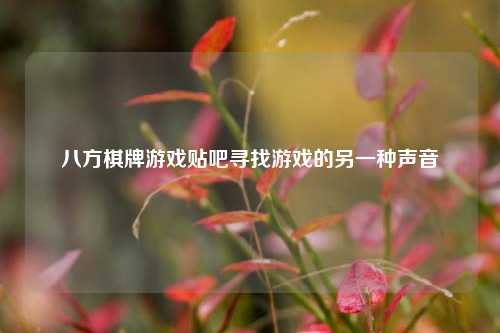
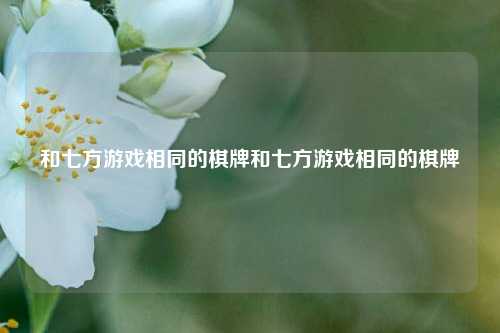
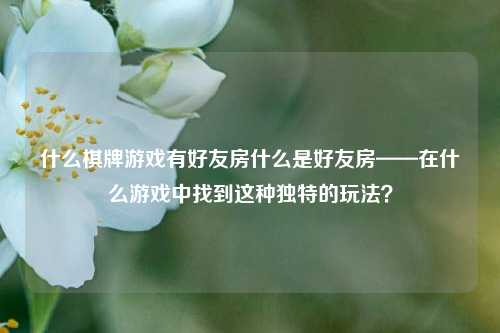

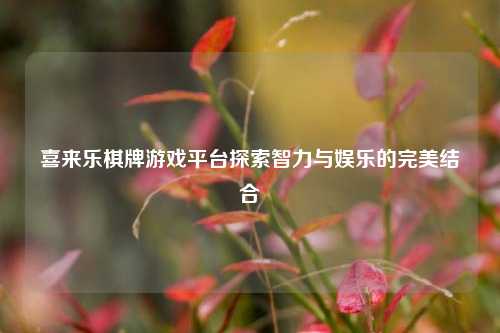


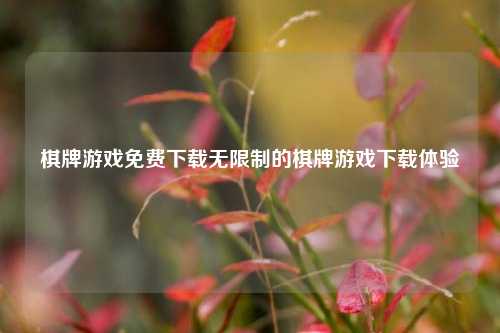
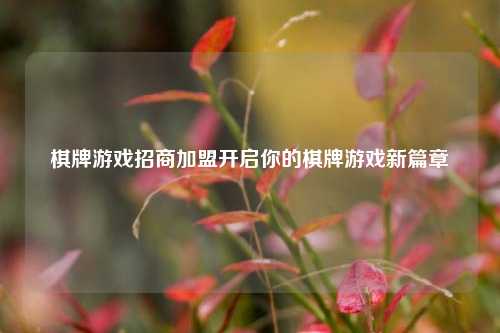
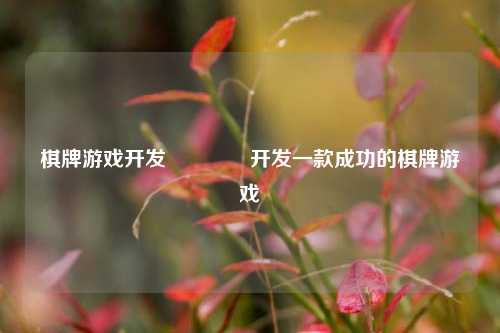


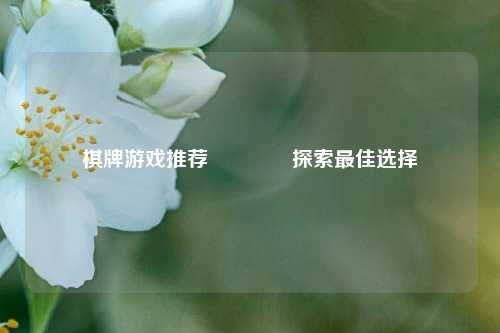

发表评论